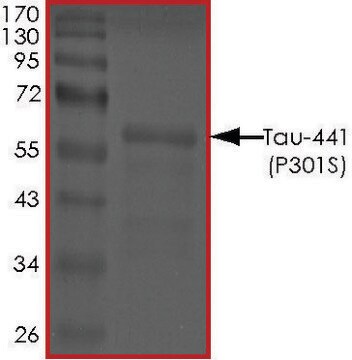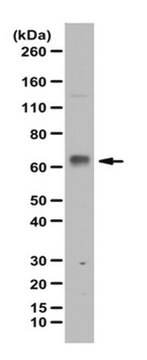SRP3049
GDF-2 human
recombinant, expressed in CHO cells, ≥95% (SDS-PAGE), ≥95% (HPLC), suitable for cell culture
Sinónimos:
BMP-9, Growth/Differentiation Factor-2
About This Item
Productos recomendados
biological source
human
recombinant
expressed in CHO cells
assay
≥95% (HPLC)
≥95% (SDS-PAGE)
form
lyophilized
potency
0.5-1.9 ng/mL
mol wt
24.1 kDa
packaging
pkg of 10 μg
technique(s)
cell culture | mammalian: suitable
impurities
<0.1 EU/μg endotoxin, tested
color
white to off-white
UniProt accession no.
shipped in
wet ice
storage temp.
−20°C
Gene Information
human ... GDF2(2658)
General description
Biochem/physiol Actions
Sequence
Physical form
Reconstitution
Storage Class
11 - Combustible Solids
wgk_germany
WGK 3
flash_point_f
Not applicable
flash_point_c
Not applicable
Certificados de análisis (COA)
Busque Certificados de análisis (COA) introduciendo el número de lote del producto. Los números de lote se encuentran en la etiqueta del producto después de las palabras «Lot» o «Batch»
¿Ya tiene este producto?
Encuentre la documentación para los productos que ha comprado recientemente en la Biblioteca de documentos.
Nuestro equipo de científicos tiene experiencia en todas las áreas de investigación: Ciencias de la vida, Ciencia de los materiales, Síntesis química, Cromatografía, Analítica y muchas otras.
Póngase en contacto con el Servicio técnico








